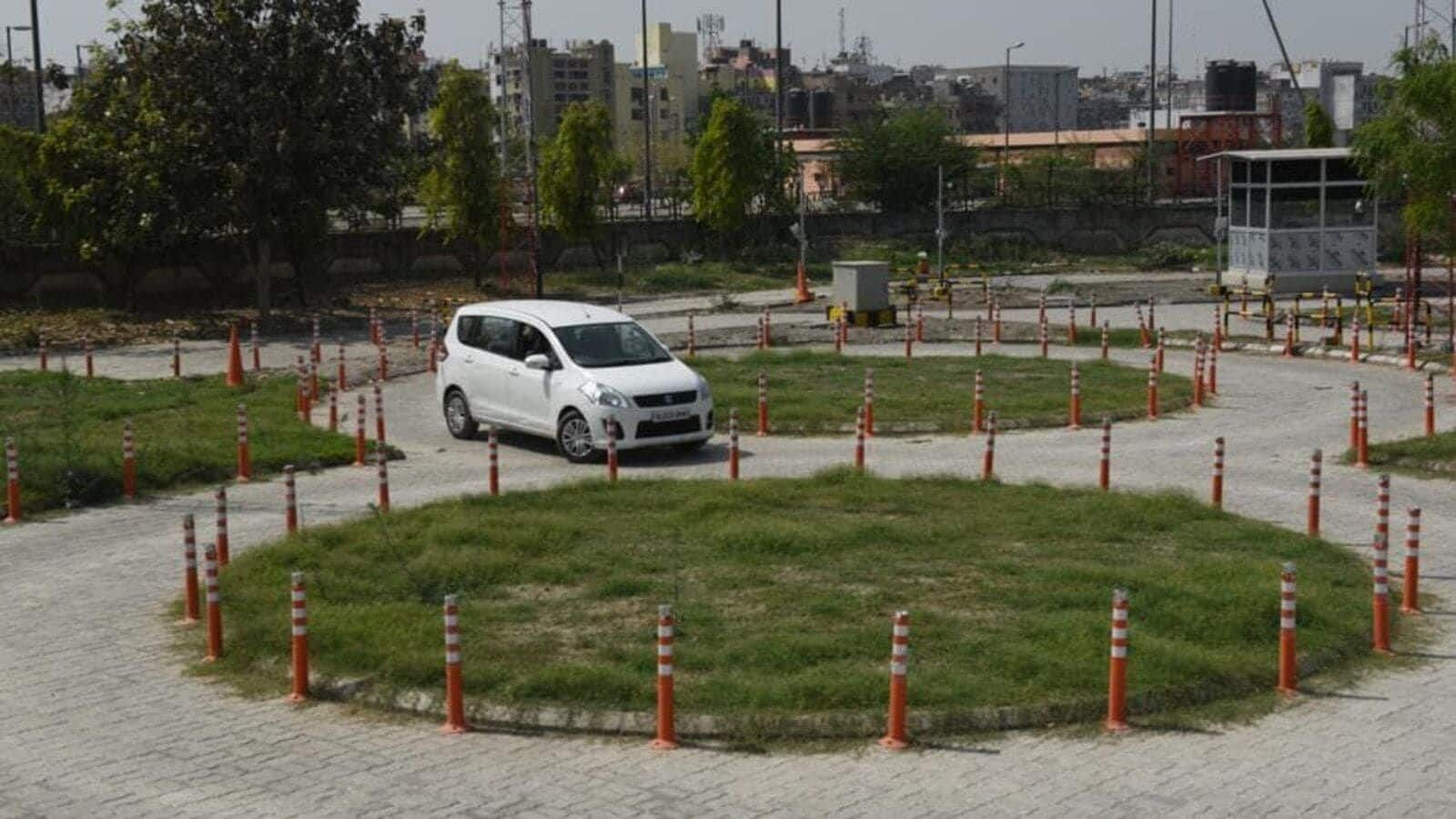
Sweeping changes to India's driving license rules from June 2024
What's the story
Starting June 1, 2024, the process of obtaining a driving license in India will undergo significant changes, as announced by the Ministry of Road Transport and Highways (MoRTH).
The new rules eliminate the need for prospective drivers to visit their local Regional Transport Office (RTO) for testing.
Instead, government-approved private training centers will hold tests and issue certificates for license eligibility.
This move aims to reduce the bureaucratic burden on individuals, and decrease crowding at RTOs.
Environmental impact
Stricter emission regulations and vehicle phase-out planned
The new regulations also want to reduce pollution by phasing out approximately 900,000 old government vehicles.
In addition, stricter car emission regulations will be implemented.
This is part of the ministry's broader initiative to promote environmental sustainability and combat climate change.
The changes reflect a growing global trend toward more stringent vehicle emission standards, and the gradual retirement of older, less efficient vehicles.
Increased fines
Heavier penalties for driving without a valid license
Under the new regulations, penalties for driving without a valid license have been significantly increased. Fines will now range between ₹1,000-2,000.
In cases where a minor is found driving, the parents will face a hefty fine of ₹25,000.
Additionally, the minor will be ineligible to bag a driving license until they reach 25 years of age, and the vehicle's registration certificate will be canceled.
Simplified procedures
Streamlined documentation process for license acquisition
The documentation process for getting a driving license has been streamlined under the latest rules.
The ministry will communicate in advance the documents required for obtaining either a two-wheeler or four-wheeler driver's license, reducing the necessity for physical check-ups at RTOs.
Applicants can submit their forms either online by heading to the Parivahan website, or they can choose to apply manually at their local RTO.
Training standards
New rules for private driver training schools
The Ministry has also rolled out new regulations for private driver training schools.
To be eligible for issuing driving licenses, these centers must meet certain criteria including having a minimum of one acre of land (two acres for four-wheeler training), and providing access to a proper testing facility.
They must also ensure that trainers possess a high school diploma (or equivalent), have at least five years of driving experience, and are familiar with biometrics and IT systems.
Training hours
Specific training duration for different vehicle types
The new rules specify the training duration for different types of vehicles.
For Light Motor Vehicles (LMV), the training is set at 29 hours over four weeks (eight hours theory and 21 hours practical).
For Heavy Motor Vehicles (HMV), the training extends to 38 hours over six weeks (eight hours theory and 31 hours practical).
This structured approach aims to ensure comprehensive driver education and safety on roads.
Fee structure
Revised fees for license issuance and renewal
The new rules also outline various fees associated with obtaining or renewing licenses.
Issuing a learner's license will cost ₹150 with an extra ₹50 for the learner's license test or repeat test. The fee for conducting a driving test or repeat test is ₹300.
Issuing a standard driving license costs ₹200, while getting an international driving permit is significantly higher at ₹1,000.
Adding another vehicle class to a license would cost an additional ₹500.